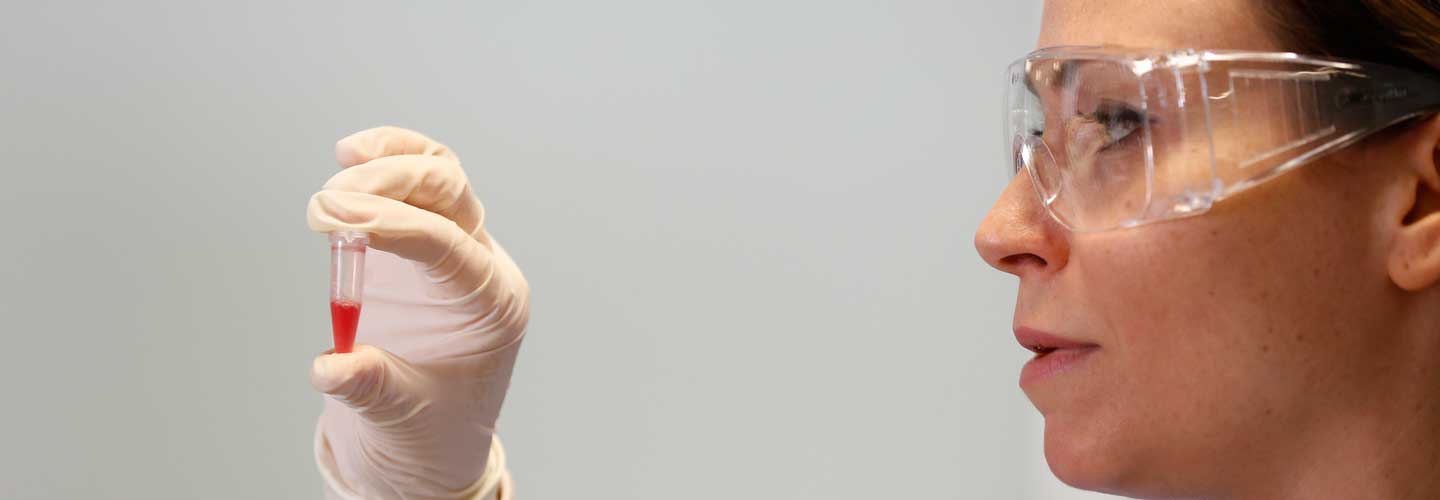The Centre for Topical Drug Delivery and Toxicology (TDDT)
The Research Centre in Topical Drug Delivery and Toxicology (TDDT), led by Dr William McAuley, is an internationally renowned Centre of Excellence in the field of the development of in ex corporem models for the study of xenobiotic sorption with 2 main areas of application:
- developing and/or refinement of topical and transdermal formulations and
- reducing the risk of CBRN (chemical, biological, radiological and nuclear) exposure through emergency response procedures.
Research themes being developed include:
- topical formulations with a lower risk of systemic toxicity especially for paediatrics and the elderly
- development of mucosal drug delivery systems
- evaluating the application of pupilometry for the diagnosis of acute head injury or chronic diseases
- the development of sebomics for non-invasive diagnostics, forensic and environmental biomonitoring, and
- the development of microsampling science for high-sensitivity bioanalysis to determine drug and CBRN exposure in various matrices.
Current areas of research
- Drug delivery to skin and nail
- Drug delivery to the airways
- Mucosal drug delivery
- Age-appropriate drug delivery
- Cell models and biotechnology
- Toxicology
Collaborations
An extensive network of collaborations has been established between the academics in TDDT and the pharmaceutical industry for the utilisation of the Centre's performance-testing models and formulation expertise to optimise the opportunity of product success in the clinic. Read more about our collaborations.
Research funding
The Centre has received funding in excess of £8m since its creation in 2011 including recent funding from:
- US Government Department (£4m) to develop new in vitro skin models for evaluating and mitigating chemical exposure
- a US pharmaceutical company (Bracco Diagnostics) to perform a clinical study on the efficacy of a topical treatment for dermatitis (£121k)
- Public Health England (up to £300k) to develop a new model for measuring the transdermal absorption of nanoparticles, chemicals and therapeutics
- the Department of Health (£125k) to identify and develop emergency methods for mass casualty decontamination
- the Association for International Cancer Research (AICR; £100k) to design of inhibitors of S100P, a protein implicated in pancreatic cancer progression
Other funding has been received from the ESPRC, BBSRC and MRC, PHE, the Sir Halley Stewart Trust, and various pharmaceutical companies. See a full list of awards.
Infrastructure
Our research is supported by well-equipped state-of-the-art laboratories including sterile manufacturing facilities, a solid dosage form manufacture and characterisation laboratory, a Topical and Transdermal Drug Delivery laboratory, a chemical containment and analysis facility, a Toxicological Unit and Cell Culture laboratories.



